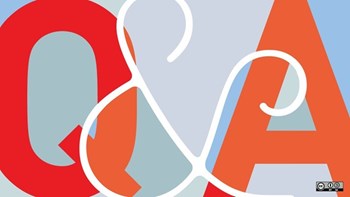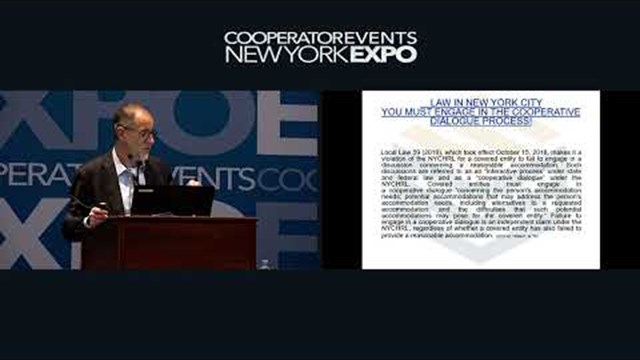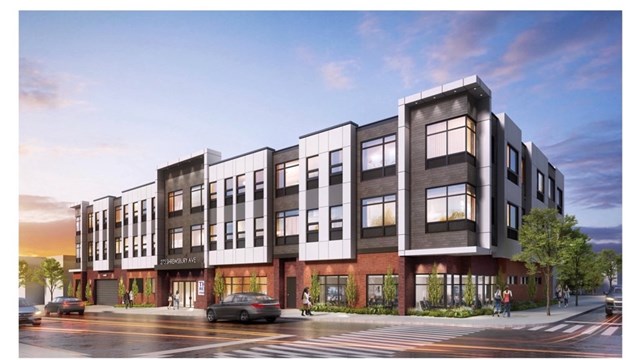
Q. My 88-year-old mother has just moved into a co-op on Staten Island where I am also a shareholder with a legal parking spot in the building’s garage. My four sisters and I are her daily caregivers. She is unable to walk securely to any cars parked outside on the street due to the fact that the building is on a very steep hill. I have requested extra access to the garage so my sisters can park in my garage spot while I am at work during the day. The board and management company have denied this request and stated if anyone parked in my spot—even family members— the car would be towed.
I have also requested extra access keys to the front door for my sisters in case of an emergency where my mother would be unable to use the intercom system to allow them entry to the building. I was granted one extra key.
I also questioned management on how 9-1-1 emergency response would access the building if required, as my mother does wear a medical alert system. No reply has been obtained as of today. Please advise if ADA reasonable accommodations apply to my requests under these scenarios and if I should continue to pursue my requests?
—Care-Giving Daughter
A. “Based upon these facts,” says attorney Bruce Cholst of Anderson Kill, a Manhattan law firm, “I believe your mother is absolutely entitled to a reasonable accommodation by reason of her disability (mobility impairment) under Federal, New York State, and New York City law. The accommodation would be in the nature of granting each of your sisters access to your parking space during working hours while you are not using it so they can more easily provide essential caretaking services for your immobile mother.
“What may be giving your board some pause is that this is not a direct accommodation to your mother, the disabled shareholder, but rather an accommodation flowing to your sisters, to whom they owe no duty as a shareholder. However, the law states that disabled shareholders must be accommodated in such a manner as they are put on equal footing with their non-disabled neighbors so long as the request does not inflict ‘undue hardship’ on the community. Here your mother is unable to greet her caretakers on the street the way her non-disabled neighbors are, and the request does not impose undue hardship as the subject parking space is otherwise vacant during the times when your sisters are using it. The same reasoning applies to the issuance of extra keys.
“I would suggest approaching the board again with these arguments as well as a medical diagnosis as to your mother’s immobility. Do any of your sisters have mobility issues as well? I would suggest providing that documentation as well if such be the case as it establishes the difficulty of your sisters obtaining access to your mother, further demonstrating the disparity between your mother and her non-disabled neighbors.
“If your board continues to refuse this accommodation, you have two choices: Your mother may commence a lawsuit in State Supreme Court or in Federal Court on the basis of illegal disability discrimination, or she may file a complaint with the New York City Commission on Human Rights or its New York State counterpart and they will undertake an administrative investigation and pursue the matter with the cooperative. I suggest the latter course and, in particular, filing with the New York City Commission as they will pursue the matter most aggressively free of charge if they believe there is a case.”









Leave a Comment